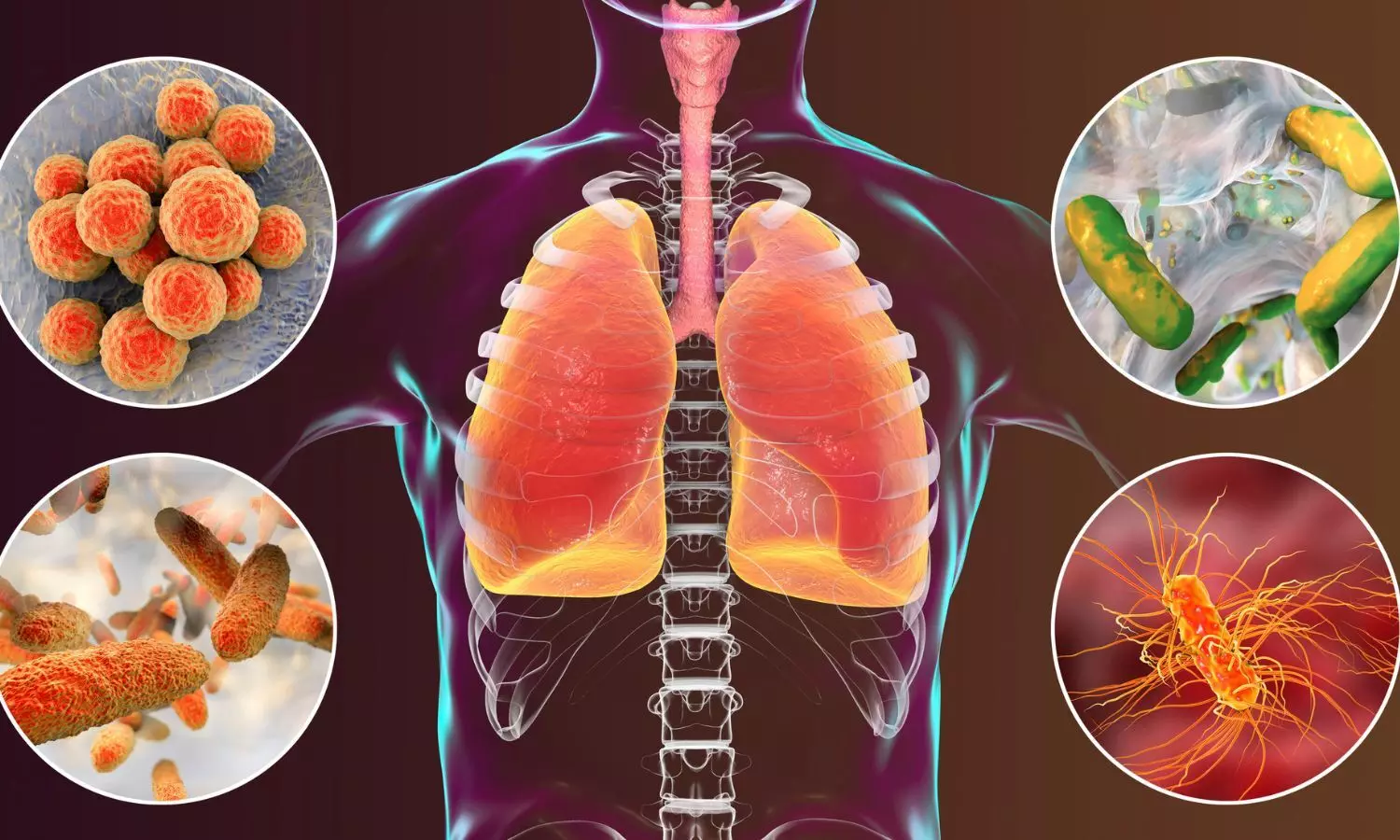Rapid syndromic PCR tests tied to more targeted antibiotic treatment for pneumonia: JAMA

Researchers have found in a new randomized trial that rapid syndromic PCR tests could complement or replace culture-based diagnostic methods for pneumonia.
Lower respiratory tract infections, including CAP (community-acquired pneumonia), cause hospital admissions and mortality. Molecular tests can potentially optimize treatment decisions and CAP management, but limited evidence exists to support their routine use.
According to an original investigation on Infectious Diseases published on March 6, 2024, in JAMA Network Open, researchers concluded that PCR testing for lower respiratory tract pathogens could provide faster, more targeted treatment for patients with suspected CAP, suggesting it could be some standard, time-consuming diagnostic tests. This study included 374 patients and found that molecular testing led to more CAP-suspected patients receiving pathogen-directed treatment, with a median time to pathogen-directed treatment reduced by 9.4 hours compared to standard care.
Adults with suspected community-acquired pneumonia were enrolled in the study and randomly assigned to either the intervention or standard-of-care group. The study’s primary outcomes included the provision of pathogen-directed treatment based on a microbiological test result and the time to provision of pathogen-directed treatment.
Key findings from the study are:
- The study had 221 men and 153 women with a median age of 72 years.
- Sixty-six patients in the intervention arm and 25 in the standard-of-care arm received pathogen-directed treatment.
- The intervention group was superior to the standard of care for the proportion of participants who received pathogen-directed treatment and time to pathogen-directed treatment.
- The odds ratio for the provision of pathogen-directed treatment was 3.53.
- The mean difference in time to pathogen-directed treatment was −9.4 hours.
- The hazard ratio for intervention was 3.08 compared with the standard of care
Concluding further, they said that routine deployment of PCR testing for LRT pathogens led to faster and more targeted microbial treatment for suspected CAP patients. They added that rapid molecular testing could complement or replace selected standard, time-consuming, laboratory-based diagnostics.
Reference:
Markussen DL, Serigstad S, Ritz C, et al. Diagnostic Stewardship in Community-Acquired Pneumonia With Syndromic Molecular Testing: A Randomized Clinical Trial. JAMA Netw Open. 2024;7(3):e240830. doi:10.1001/jamanetworkopen.2024.0830
Facebook Comments
